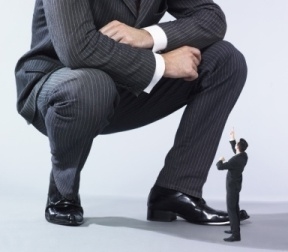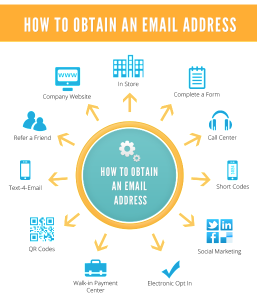— April 22, 2019
Given the many challenges facing organizations today, leaders must find effective strategies for making good decisions. Simply collecting information randomly or making a “gut instinct” choice isn’t likely to produce consistent outcomes. The need to gather data and evaluate options quickly is essential to success, especially under the stressful circumstances of today’s fast-moving business environment. By developing and applying critical thinking strategies, leaders can establish a repeatable process they can apply to almost any situation.
So what is critical thinking, exactly? Critical thinking is best defined as the process of evaluating the truthfulness and value of information and opinions in a systematic, purposeful, and efficient manner. Fortunately, critical thinking skills are not innate characteristics; they can be learned and refined with practice.
Benefits of Critical Thinking
Developing critical thinking skills throughout an organization can have a transformative impact, leading to more efficient communication and policies. Because critical thinkers place such a high value on obtaining accurate information, they generally demand (and provide) comprehensive written reports to help improve decision making. Issues are examined carefully to determine goals and decision criteria, and conclusions are reached only after the most relevant information and opinions are gathered and considered. Critical thinkers keep an open mind throughout the decision process because they recognize that new facts could emerge that upend their existing assumptions.
Organizations with good decision-making cultures tend to do a better job of predicting consequences, make better hiring and promotion choices, and are more effective at handling a crisis. They also tend to be more agile, allowing them to predict consequences, capitalize on market opportunities, and deliver a better overall customer experience, all of which serves to underscore the importance of critical thinking.
Characteristics of Critical Thinkers
Inquisitive and Open Minded
Critical thinkers approach situations without letting preconceived notions influence the decision-making process. Everyone naturally has some degree of preconceived notions about most situations; what sets critical thinkers apart is their ability to cast those ideas aside and open themselves up to new ideas or ways of looking at things. They are curious and have the desire to acquire new information. Before making a decision, they also seek the advice and guidance of experts. This provides another perspective on situations and further helps to minimize the impact of preconceived notions.
Objective and Analytical
Emotional thinking can lead to hasty, ill-informed decisions. Critical thinkers strive to minimize the impact of emotion on decision-making. That doesn’t mean they ignore emotions, necessarily, just that they don’t allow emotional influence to dictate their choices and behavior. Critical thinkers excel at discerning facts from opinions. When people are unable to separate facts (which can be proved or disproved) from opinions (which cannot be proved or disproved by data), confusion results.
Reflective and Reasonable
Critical thinkers understand that a variety of factors can influence their decision-making. Personal bias and hidden assumptions need to be taken into account at all times. While it may be impossible to avoid bias and assumptions, recognizing the role they play in thinking can help prevent critical thinkers from jumping to conclusions and misinterpreting statistics. They use common sense to propose solutions without letting emotional thinking and false rationalization get in the way of their judgment.
Key Critical Thinking Skills
Ability to Reason
Critical thinkers find ways to apply systematic, logical reasoning to every issue. They also excel at spotting flaws, mistakes, and inconsistencies in other people’s logic or reasoning. By subjecting every idea to rigorous scrutiny, they can draw hidden assumptions to the surface and reveal cognitive biases that might be driving decisions.
Ability to Predict
Making changes in one area of an organization can often have ripple effects that impact other areas and departments. Understanding how these systems interact is crucial for making good decisions that address immediate needs without disrupting future goals. Critical thinkers excel at identifying the potential consequences of those decisions and identifying outcomes they want to avoid.
Ability to Evaluate
Once a conclusion is reached, critical thinkers are careful to assess the merit of the decision and evaluate whether or not it’s fair and reasonable. In many cases, an empty, superficial process can masquerade as a thorough examination of an issue, so it’s important to recognize when meaningful discussion is taking place and when people are simply going through the motions before basing their decisions on their preconceived notions and biases.
Building critical thinking skills is a key component of any good leadership development program. In today’s fast-moving world, it’s important for every organization to have leaders in place who examine issues carefully, set goals and criteria for decisions, and then gather relevant information and opinions before finally reaching a conclusion. Strong leadership assessment systems can help to evaluate an employee’s strategic thinking, tactical reasoning, and other characteristics relevant to critical thinking skills.
Business & Finance Articles on Business 2 Community
(79)
Report Post







